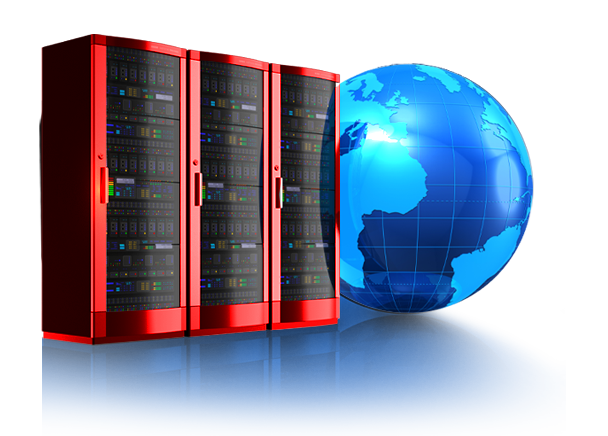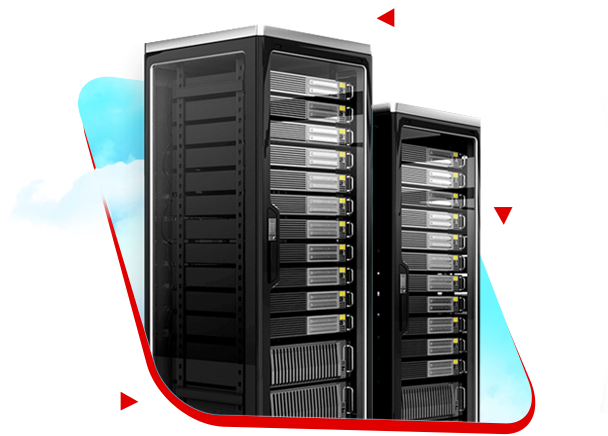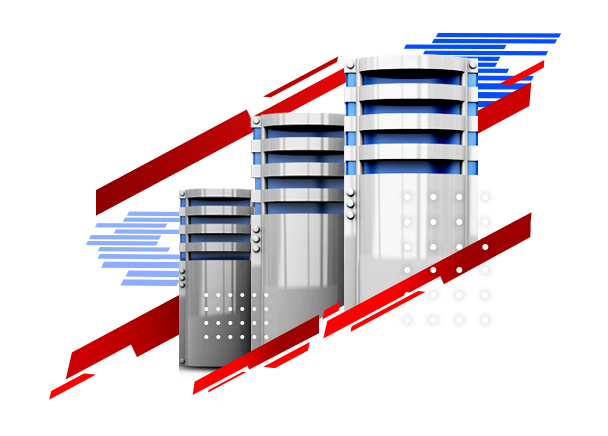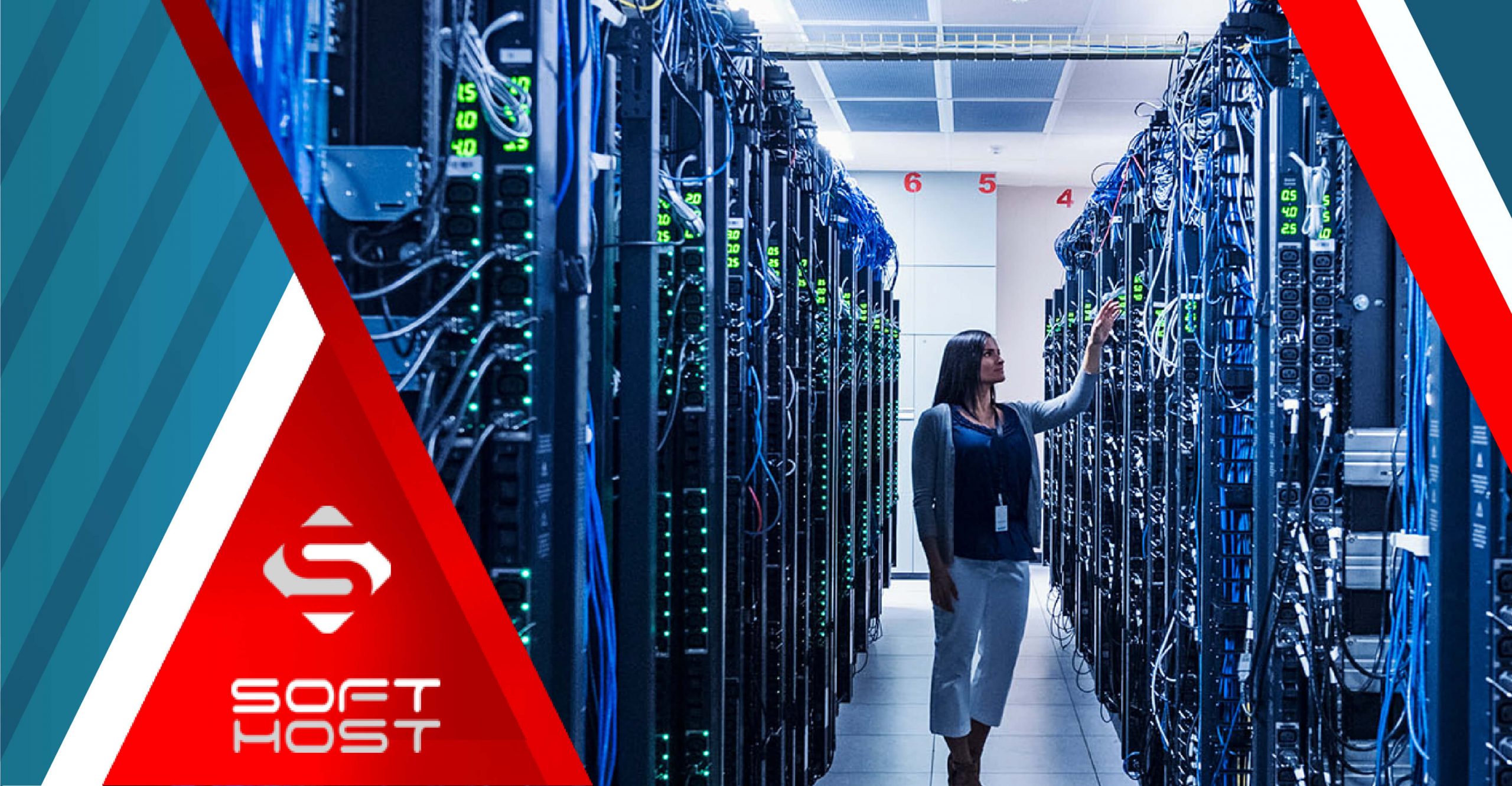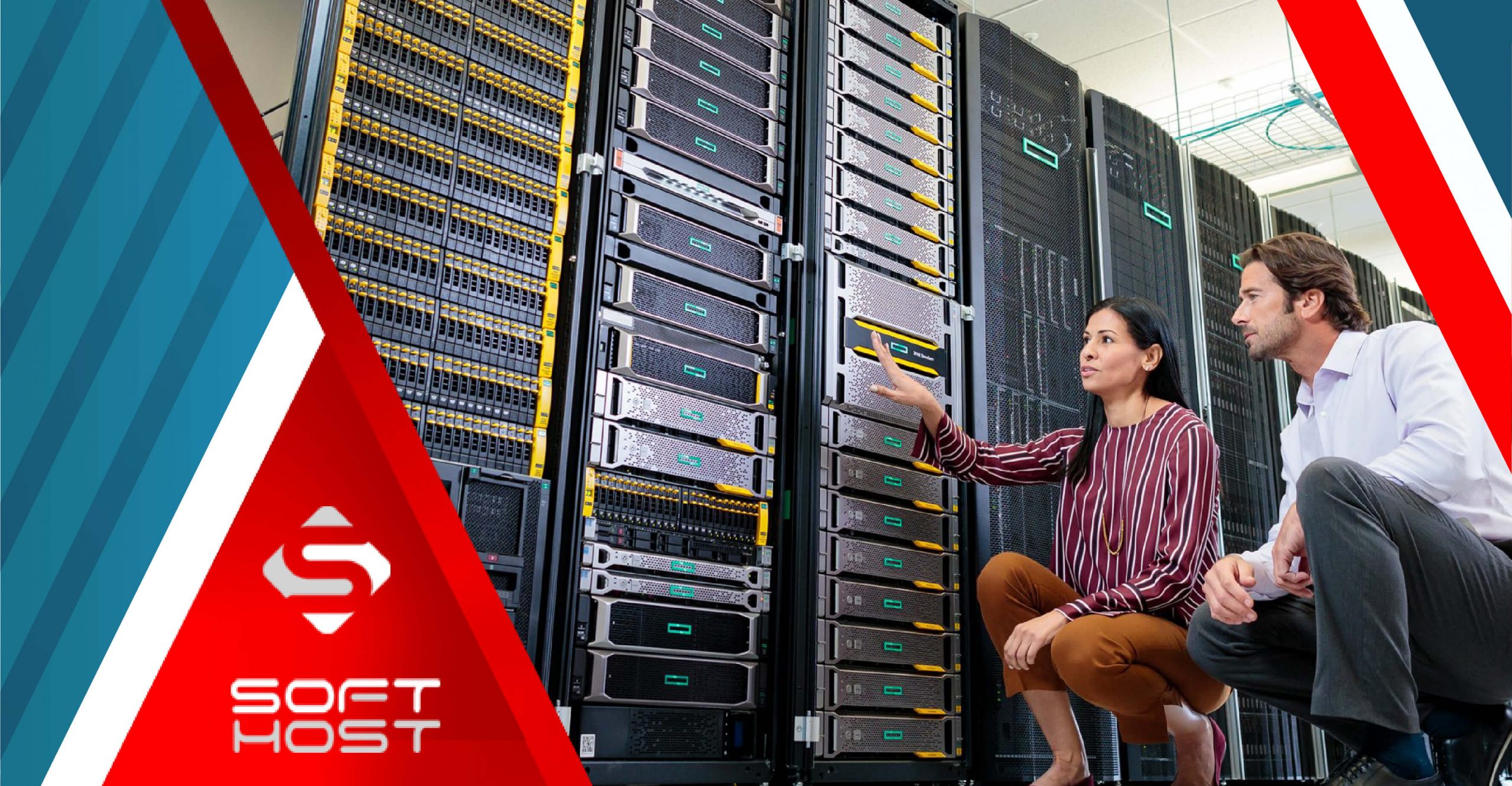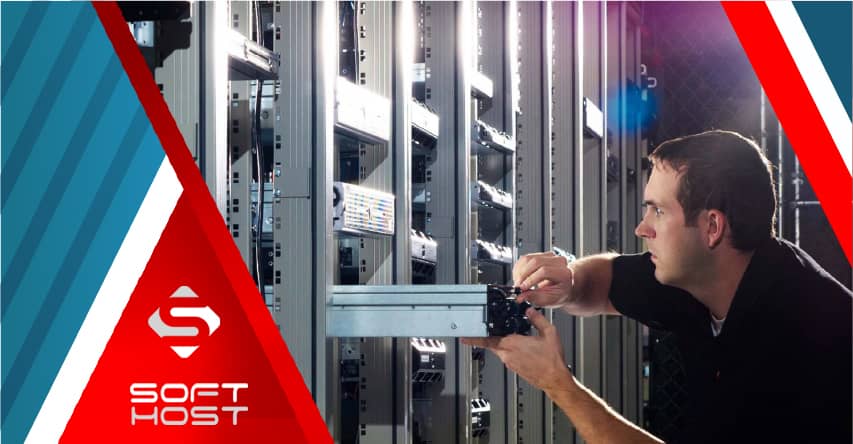
The cloud server is a big change in the world of technology and helps many online businesses and brings many advantages to them. By purchasing a cloud server, users can depend on the amount of resources they use, and this saves them a lot of money.
Setting up physical servers with technical knowledge and high cost is not affordable for everyone, while you can use the features of servers in the cloud platform with just one click, the purchase of other physical servers is removed from the checklist of requirements. If you do not know what a cloud server is and what it is used for, stay with us until the end of this article to learn more about Cloud Server and how it works, the difference between a cloud server and a virtual server and its advantages.
What is a cloud?
Table of Contents
The term “cloud” is commonly used to refer to multiple Internet-connected servers that can be rented as part of a software or application service. Cloud-based services can include web hosting, data hosting and sharing, and software usage.
“Cloud” can also refer to cloud computing, where multiple servers are connected together to share the load. This means that rather than using a single powerful machine, complex processes can be distributed across several smaller computers. We will explain this concept further.
The benefit of cloud technology
One of the advantages of cloud storage is that there are many distributed sources for storage, which are also called federated storage clouds because they work in a unified manner. This feature due to the distribution of data causes the cloud to have a significant reduction in the occurrence of errors. Using the cloud reduces the creation of different versions of files due to shared access to documents, files and data.
What is a cloud server and what is its use?
Cloud Server is a virtualized server that uses the resources of several central servers. This happens in the cloud platform, which is why the scalability of this service is much higher than the old services. When the power source of a virtualized server is several physical servers, if one of the servers fails, the other servers will continue to work and your cloud server will not be unavailable.
The cloud server user can access the server resources whenever they like. With this server, you can do all the tasks that can be done on physical servers and have access to the processing power and memory and various software that can be run on virtual servers.
The data center of physical servers can be located anywhere in the world and provide its services to users in the cloud environment; But traditional physical servers are set up only for personal or company use and cannot be accessed remotely.
How the cloud server works
A cloud server is created using the virtualization of several physical servers in the cloud. In most cases, virtualization is done through hypervisor software. In this way, the user can access this server from anywhere in the world just by having an internet connection. The cloud server provides you with all the resources exclusively using the virtualizer, and only the processor core or CPU is shared.
The cloud server is a subset of a service in cloud computing called “Infrastructure-as-a-Service” (IaaS) for short. In this model, you don’t need to buy or manage hardware equipment. In fact, you can rent the required infrastructure from third-party providers and access it through the Internet whenever you need it.
Another advantage of this model is that whenever you want, you can get a Cloud Server and quickly expand your services. In some cases, cloud servers can be available to the user as a dedicated server. This type of server, which is also referred to as Bare-Metal Server, is used for times when the user needs to perform a specific activity and needs all the server’s resources.
Why is it called a cloud server?
In cloud computing, the cloud refers to servers that are connected to each other to share the load; Therefore, the cloud space is a collection of physical servers connected together that make a powerful single system, and instead of a single server responding to the user, the processes are distributed among several servers.
The use of the term “Cloud” in computer resources means that the service is available to the user through a computer network (such as the Internet) and the user cannot access it directly.
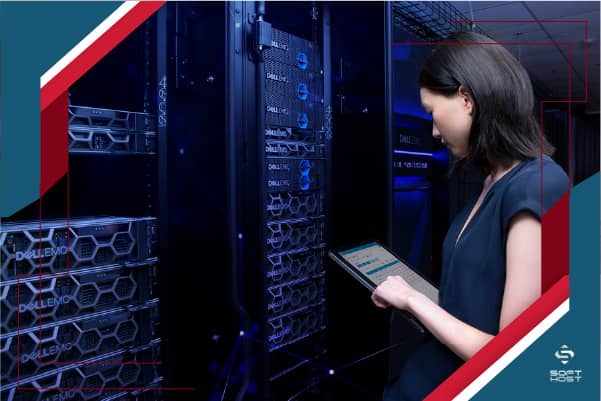
Important features of the cloud server
Cloud servers have completely revolutionized the IT industry. Many companies prefer to use cloud technology instead of traditional and centralized infrastructure and servers. The reason for this is the benefits that you see below:
-
Scalability
Computing systems and the systems you need to store data are always changing. Cloud servers can quickly respond to your needs and increase or decrease the number of resources you need whenever you want.
In cloud servers, you can expand the dimensions of your available server by expanding your project. In fact, with cloud servers, the amount of RAM, bandwidth, etc. can be increased or decreased without even needing to restart the server.
-
Impressive accessibility
Due to the high resistance of cloud servers against failure, these servers have the highest availability among existing servers. The cloud server is always available and you can access it at any time of the day and night, and even if one of the servers has a problem, you can use the resources on other connected servers.
-
The possibility of applying changes
The possibility of personalizing cloud servers is much more than other services. You can choose your favorite option from hundreds of operating systems and software templates or create a custom template. First decide how much memory you need and then choose exactly the cloud model you want. Also, you can use various plugins such as Auto Load Balancer and Firewall.
-
Cheaper price
Using cloud servers managed by third-party providers is less expensive for companies than buying and maintaining the necessary infrastructure. In this model, companies can expand server resources whenever they need and pay only for the resources they consume.
-
Ease of use
Cloud servers are usually set up within minutes and you can manage them through the control panel or API. When you don’t need to physically manage complex infrastructure, you have more resources and can do other things much more easily.
-
Being confident
The performance of cloud servers is as good as dedicated servers. Since cloud servers are set up on several physical servers, even if one of the components fails, you can still use the server.
The difference between a cloud server and a dedicated server
A dedicated server refers to a server that provides all its resources and control exclusively to the user and provides high performance and security for the owners of sites and applications, and has a relatively higher cost. This is despite the fact that cloud servers do not require the purchase of physical infrastructure and you can launch them in a short period of time and quickly apply the desired changes.
| Dedicated server features | Virtual server features | Cloud server features |
| The ability to upgrade or reduce resources at the moment | The ability to upgrade or reduce resources at the moment | The ability to upgrade or reduce resources at the moment |
| high security | high security | high security |
| No sharing of resources | Sharing server resources | Resource sharing |
| Not benefiting from redundancy | Not benefiting from redundancy | Redundancy |
| expensive | Affordable price | Affordable price |
Differences between cloud server and virtual server
The way to set up and install Cloud Server and VPS is completely similar; But the method of management and use of each may be slightly different. A VPS usually only runs on a physical server and is, in fact, part of it; But Cloud Server is a virtual partition consisting of several physical servers so that you can upgrade or have it available whenever you want. In fact, on this server, even if one or more servers have problems, you can still access your files; But this is not possible in VPS.
What is the best cloud server?
When buying a cloud server, you may come across different options. The best cloud server is one that is customized for your needs and budget. For example, a server that is suitable for an international company may not be suitable for a small company.
Types of cloud servers
-
Public Cloud Server
Cloud servers are usually provided by Public Cloud. In this model, the third-party provider owns and manages the servers and other necessary infrastructure and provides on-demand access to its customers.
-
Private cloud server
The company can manage its own cloud servers privately and undertake the task of accessing and maintaining them. The resources of these types of servers are not shared with other organizations and companies; But since they are offered in the cloud, each of the company’s employees can access them remotely through the Internet or VPN.
-
Hybrid cloud server
Private and public cloud servers can be easily integrated with physical servers and work together. This type of server provides companies with more flexibility and freedom of action and usually has more security. Also, when you need rapid development, you can use Public Cloud
CATEGORY:Blog


